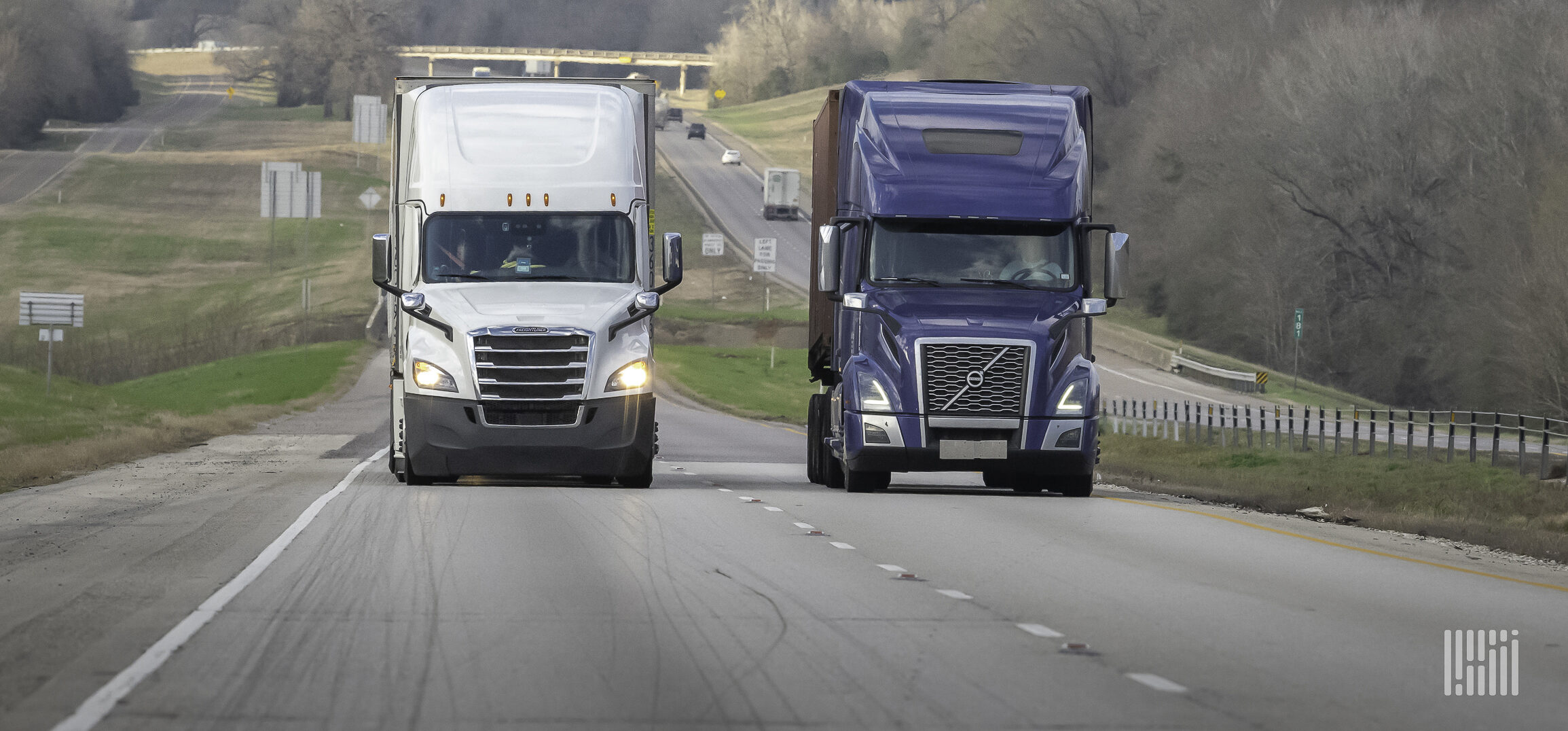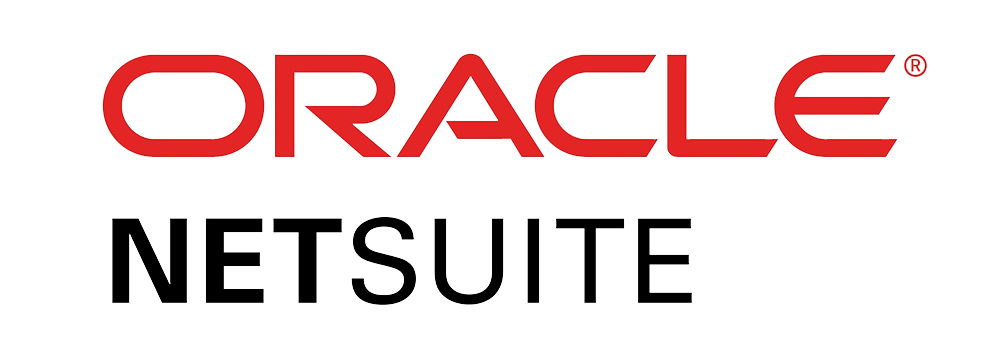Though intertwined, bookkeeping and accounting for truckers are actually two different processes. While bookkeeping centers around the recording and tracking of data, accounting is used for the dissection and dissemination of data for investors and business owners.
If you think of bookkeepers as financial administrators, accountants are a financial analysis team. Though accountants for truckers might also be bookkeepers, there are key differences that accountants deal with, which do not concern bookkeepers.
What Is Accounting for Truckers?
Accounting for truckers is the process of turning numbers and data into actionable plans. But how does accounting for truckers work? Keep reading to find out.
How Does Accounting for Truckers Work?
Accounting for truckers is one of the most important factors to consider when scaling a business. An accountant can create business forecasts to show your business in the best and worst case scenarios. These forecasts are put together for investors. In turn, they can analyze your business accordingly and decide for themselves if they would like to invest in your company.
5 Steps for Accounting as a Truckers
Bookkeeping is a process that you can start without much planning, but accounting requires you to prepare both legally and financially before you can actively begin the process. Here are five steps that must be adhered to in order for the accounting processes of your trucking company to run smoothly.
Step 1: Open a Separate Business Account
The first step is to open a business checking account. Business accounts delegate where you store the company’s money. They also make it easy to track who spent what and which company cards are used to make purchases. Essentially, business checking accounts make it easy to track your company’s income, expenses and revenue.
Step 2: Choose a Legal Entity
Next, decide how you would like to be legally and generally professionally known, which you can do by choosing a legal entity. There are several ways to do this.
For instance, if you are a fleet of one and you operate as an owner-operator, then identifying as a sole proprietor may be best for you. In a sole proprietorship, you retain all liability. Keep in mind that your business could affect your personal finances if something goes awry, making this the easiest yet also the riskiest option.
If you don’t want to go it alone but you aren’t worried about the risk factors of sole liability, a general partnership entity might be best for you and your partners. Partnerships refer to businesses that are operated by two or more owners.
Partnerships are taxed as pass-through entities, and the partners individually file their losses. Also, the business is not taxed under a corporate structure. The most visible form of a small business is a limited liability corporation, better known as an LLC.
In the United States, LLCs combine elements of other entity types, but LLCs drastically reduce personal liability. In an LLC, the business is not the person the way it is with a sole proprietorship or partnership.
Instead, LLCs can be a one-person operation or a partnership. As such, the same rules apply, and pass-through taxation is still fully available to you.
Step 3: Select Your Accounting Basis
An accounting basis is a definition of how your fiscal activity will be tracked and reported. This entails how revenue, expenses, assets and liabilities will be displayed in your financial statements.
When choosing an accounting basis, it is important to know what your options are. The two most common options are accrual and cash-based. In a cash-based accounting basis, revenue is shown when cash comes in, and expenses are registered when bills are paid. This is the simplest accounting basis. It works well if it is applied to a smaller business.
On the other hand, with an accrual basis of accounting, the threshold for counting something as revenue is when the money is earned. Inversely, expenses are shown when funds are dispersed. Much more involved than a cash-based model, you might need to hire a CPA to sort through the ins and outs of accounting due to accruals being recorded at specific intervals. The only way to have an audit prepared is to work on an accrual basis.
Step 4: Track All Expenses and Keep Records of Supporting Documents
Tracking everything is key. Keeping proof of what you have spent is paramount to tracking your expenses. Even if your books are perfect, there’s always the chance of being audited.
Without the proper supporting documents, an audit might not result in your favor. You can be audited for nearly a decade after submitting your tax forms, so the general rule of thumb is to keep a copy of your documents for about seven years.
Step 5: Make Your Tax Obligations a Priority
Taxes for truckers can be overwhelming. With quarterly filings, payments, excise tax, gross receipts tax, franchise tax, property tax, IFTA compliance, self-employment tax, employee tax and federal income tax, there is a lot for you to consider.
There are two ways by which you can ensure that all of your tax obligations are met:
- Estimate: If your business is somewhat seasonal where there are fluctuating workloads and income, an estimate could be your best option. Estimates are based on each quarter’s profits from the current year. Once you’ve identified the obligations that are specific to your business, you should be in the clear.
- Safe Harbor: If your business is pretty steady year-over-year and you have an idea of the company’s calculated growth, safe harbor can make your life simpler. Start by looking at last year’s tax obligation, adjusting for growth and dividing the numbers into quarters.
Accounting vs Bookkeeping
There is often a lot of overlap between bookkeeping and accounting. Below is a closer look at the similarities and differences between the two.
| Accounting | Bookkeeping |
| Preparing and Adjusting Entries | Recording and Categorizing Transactions |
| Creating Financial Statements | Recording Debits and Credits |
| Dealing With Tax Returns | Dealing With Invoices |
| Financial Analysis and Strategy | Keeping Ledgers Up-To-Date |
| Tax Preparation | Payroll |
| Forecasting | Recordkeeping |
Account for Everything
Accounting software for truckers can be arduous, especially if a bookkeeper is responsible for both bookkeeping and accounting duties. If you do not already track everything, it is important to start doing so. This can help to ensure that your books are audit-proof, ultimately making your life easier and improving the operations within your business.
FAQ
Track everything, keep your logs updated and document all of your purchases, including credits and debits, by using an accounting system that you regularly monitor.
Quickbooks does not have a specific IFTA option, but after a simple customization, this problem is easily rectified
Transportation accounting is a comprehensive record of costs to the company, services rendered, and how funds are spent, distributed costs to customers. Along with accounting structure, clearly defined terms, and plotted charts.


